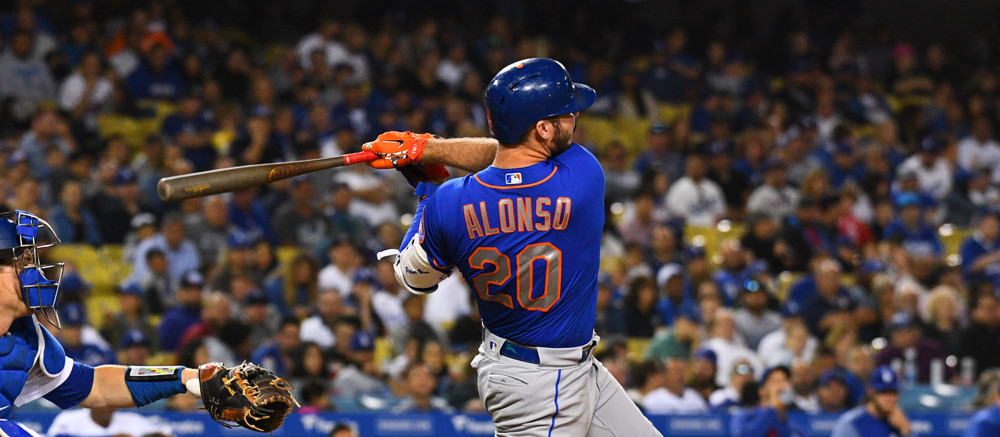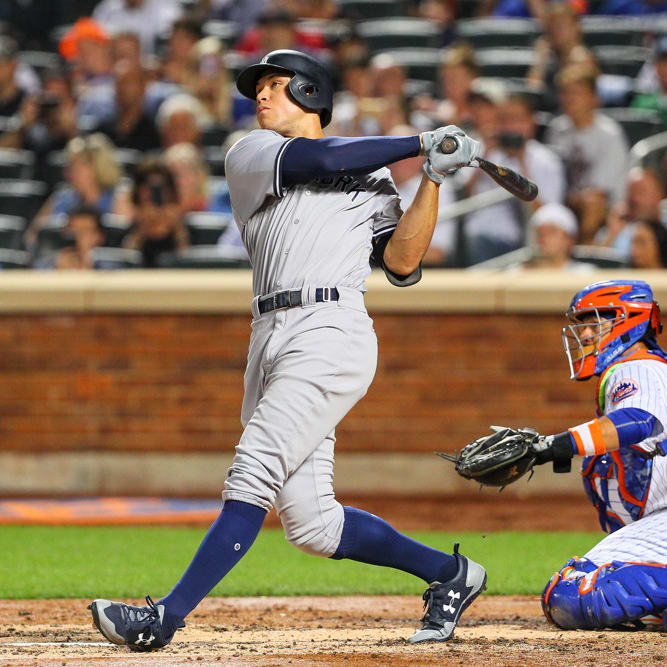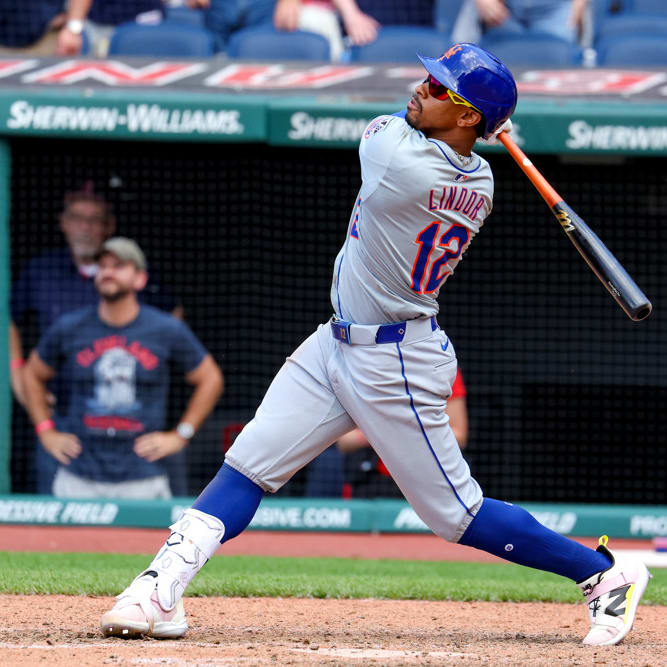This article is part of our DFS Baseball 101 series.
At the start of the baseball season, I wrote a three-part series called "DFS Starter Kit' where I laid out some rules to follow for new and beginner players which you can find here.
DFS Starter Kit Part 1
DFS Starter Kit Part 2
DFS Starter Kit Part 3
I get a lot of advice questions on Twitter and am starting to hear some of the same pitfalls over and over from new players in daily fantasy baseball. Some of them were surprising, but when you think about it, not so much. There is very little "education" on daily fantasy sports, which is why I have focused my articles on that very topic.
The learning curve in DFS is huge. The game might be constructed the same as season long as far as rosters and scoring, but the strategy is very different. Understanding that and putting it into action are two completely different things.
AVOID: Playing Small Slates (five games or less)
There are two issues with new players entering the smaller slates. While on the surface, it might appear to be easier because there are less games and players to research, the issue is two-fold.
In cash games, because there might only be six to 10 starting pitchers total and only two or three who are actually viable, that means the overlap in ownership will be extremely high. There is no edge or skill when you are playing an opponent with a similar lineup. It ends up coming down to a four-on-four game instead of nine-on-nine.
In tournaments, it's a similar issue in that you are dealing with overlapping ownership. But because you are going against several hundred or thousand lineups, every combination will be covered. This means that if all the "chalk" or highest-owned players end up going off, you need to have the one or two players who no one else has. That is a very hard thing to accomplish when you are only playing a single lineup. This lends itself to run a strategy of "fading" the chalk and just simply avoiding all the most popular players and taking lower-owned players. You are simply just playing the numbers and variance game that the highest-owned players will fail. As a beginning player, this is charting in dangerous territory and will drain your bankroll quickly.
SOLUTION: Look for slates that are six to 10 games. It is enough games to have variance, but not the huge 12- to 15-game slates that require more research and can be intimidating.
AVOID: Tournaments with 1,000 or More Entries
It is common for a new player to look at the contest lobby, sort by prize pool and simply enter the largest prize tournament with entry fees in the $1-$5 range. The problem is that you are running into professional players who are putting in anywhere from 50 to 150 entries and covering all of the optimal scenarios versus your one lineup.
Also, when you look at the payouts, you might win double or triple your money while coming in the top 15 percent of the field. Feels like a lot of effort with not much of a return, and that's because it is.
Take a look at the scores in the 100- to 500-man tournaments. That very same score that only returned 2x or 3x your entry fee ends up yielding 5-20x your money back. If you are only playing $10-$20 a day and entering $1-$5 contests, you need to build your bankroll with $25-$50 wins that are attainable and not shooting for a $10,000 1st place, which is not attainable.
AVOID: Taking risk with starting pitcher
"Every time I pay up for a starting pitcher I get burned"
I got this feedback from several players. You have to remember that even the BEST pitchers have bad games or go through slumps. Over the course of the season, paying up for starting pitching in the right spots will give you winning results. Pitching is more consistent and stable than hitting that we know. The wrinkle this year is that the pitching pool has been diluted because of injuries. Also, home runs are being hit a record pace, so you still want those strikeout pitchers who can get out of jams and limit damage. Focus on pitcher parks, good matchups and heavy groundball pitchers.
The other part of this is not building a good lineup when you take the most expensive starting pitcher. For a new player, struggling with lineup construction is one of the hardest things to overcome. It is a lot easier to take a mid-priced starting pitcher and not have to struggle taking hitters. The problem with this is you need to be very tight with your pitcher selection. This means having to find value bats. I've often talked about going cheap at catcher, middle infield and outfield. That will allow you to pay up at the corner infield positions, which have a higher production on average.











